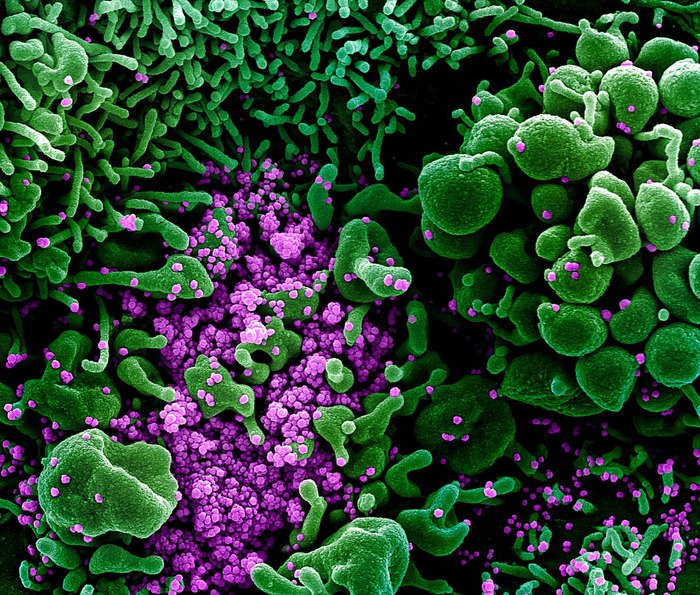Beyond a few reliable data on Omicron, there are fundamental questions about this variant of the SarsCoV2 virus that still have no answers, such as those relating to its ability to escape vaccines and whether or not to cause a severe form of the disease.
What we know
First identified
on November 22, 2021
in laboratories in Botswana and South Africa that were analyzing samples of the virus taken between November 11 and 16, the variant quickly gained worldwide attention. On
November 24
, in fact, South Africa reported it to the World Health Organization (WHO), which already on November 28 was talking about a "race against time" to be able to stem it.
At the moment we know they are
78 countries in which it is present
and that in one month there were
over 19,100
genetic sequences of Omicron deposited in the international database Gisaid.
We also know that the new variant
is becoming prevalent in some countries
: currently there are at least 15 in which Omicron is present in most of the genetic sequences deposited; in six of these countries, Omicron has already reached 100% of the sequences, replacing Delta.
It is also clear that the variant has a
high capacity to infect
, between 3 and 7 times higher than the Delta variant.
And Omicron is also known to include
32 mutations
on the Spike protein, which the virus uses as a claw to attack cells. "Of these mutations, about a quarter were known as they are also present in the Delta variant and three quarters are completely new", observes geneticist Massimo Zollo, of the Federico II University of Naples and coordinator of the Covid-19 Task Force of Ceinge- Advanced biotechnologies.
The open questions
Among the things we do not yet know about the new variant is
the role of the mutations present in the genome regions other than that of the Spike protein
that is usually considered and which, Zollo notes, "constitutes just 2% of the genome of the virus". Knowing how other regions of the virus have changed could provide, for example,important information for research on new drugs and vaccines.
As for
vaccines
, another big question concerns their
ability to counter Omicron
. Many studies are underway and preliminary data now available seem to indicate that infections are not avoided. It remains to be seen
whether and to what extent the third dose of the vaccine is able to block Omicron
and in this regard there are not enough data to draw conclusions.
One also wonders
how long it takes for Omicron to replicate
, i.e. how often the cases caused by this variant double, and at the moment the prevailing hypothesis indicates 2 to 3 days.
No definitive data even on the
speed with which the variant infects the human cell.
Finally,
it
remains to be clarified
whether and how many people already affected by other variants can become reinfected
.









